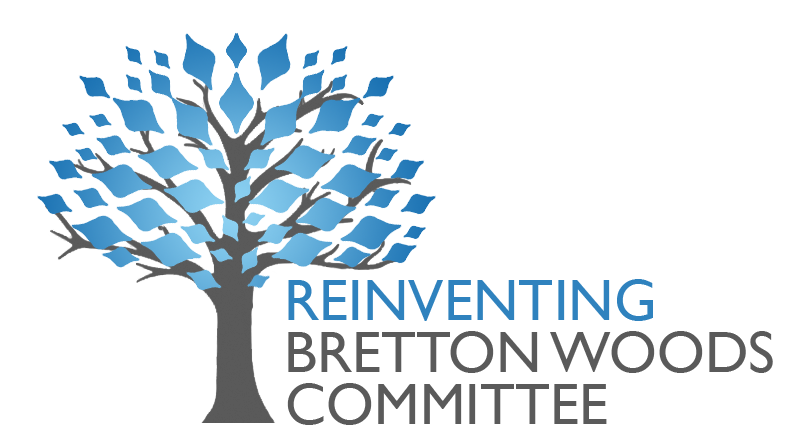G20 FWG Seminar:
Addressing Scarring Effect to Secure Future Growth
March 9, 2022 (online)
Partners

Overview
The COVID-19 pandemic has brought about an unprecedented economic crisis in the form of disruption on supply and demand of the economy. Social distancing and lockdown measures have made it difficult to conduct economic activities normally. Households have limited their choices of consumption on goods and services and resorted to the safest way to do transactions. The corporate sector has limited options to overcome declining production, operation and services. The immediate response is, among others, a reduction of employment by shrinking working hours or laying off employees. The decline in operation and production also drives delayed investment which also means a lagging in innovation and a decline in productivity. The decline of employment is partly a repercussion of the shift to digital business model as a solution for contactless activities. Without business process flexibility, firms can be in the state of reduced operations, delayed investment, zombie situation and worse, bankruptcy. Economic scarring refers to the medium to long term damage done to the economies of one or more countries following a severe economic shock. While countries face the urgent need to address short-term impacts of the pandemic, they also face risks that, if not addressed, are bound to leave long-lived scars and hamper the path to recovery. As countries recover from the pandemic, the speed and sustainability of the economic recovery will depend on the ability to restore consumer’s confidence in conducting economic transactions and the ability to solve persistent declining productivity, and address labor market issues. In addition, the pandemic has also shown the service sector, especially non-essential services such as tourism, restaurants and recreation, to be hurt most. Many countries, especially those that rely on tourism, may face a slow recovery process while waiting for the wide-distribution of vaccination to create a herd immunity. The shift to digital business model may actually become permanent, since it managed to enable resumption of business transactions and proved to be more efficient. Digital technologies can help increase productivity; however, their potential gain remains suppressed and their benefits are unevenly shared due to insufficient intangible assets investment and uneven availability of reliable telecommunication infrastructure. On one hand, the COVID-19 pandemic and several policy measures put in place to reduce its impact on individuals and businesses may dampen productivity growth and lead to a more unequal distribution of the digitalization benefits. On the other hand, the pandemic provides opportunities to rethink policies in a wide variety of sectors, which can accelerate digitalization and contribute to a more equitable distribution of its economic advantages. From the labor market perspective, there is a shift of demand towards more skilled labor in line with the shift towards digital business process. Without skill agility, self-employment and unemployment might be the only options for many job seekers. Some are forced to change job fields which will require transitional period in the form of training. Prolonged unemployment, unfortunately, will cause erosion of human capital. In sum, unlocking the full benefits of digitalization on productivity requires efficient reallocation of capital and labor across firms and sectors.
Program
Opening Remarks
- Perry Warjiyo: Governor Bank of Indonesia
- Marc Uzan: Executive Director, Reinventing Bretton Woods Committee
SESSION 1
Global Scarring Effect and Fiscal Policy Role
-
Moderator: Cicilia Anggadewi Harun, Director at International Department, Bank Indonesia
Speakers:
- Sweta Saxena, UN ESCAP
- Dr. Hoe Ee Khor, AMRO
SESSION 2
Labor Market Human Capital and Productivity
- Moderator: Abdurohman, Director, Center for Macroeconomic Policy, Fiscal Policy Agency, Indonesia Ministry of Finance
Speakers:
- Sangheon Lee, Director, Employment Policy Department, ILO
- Erik Berglog, Chief Economist, AIIB
